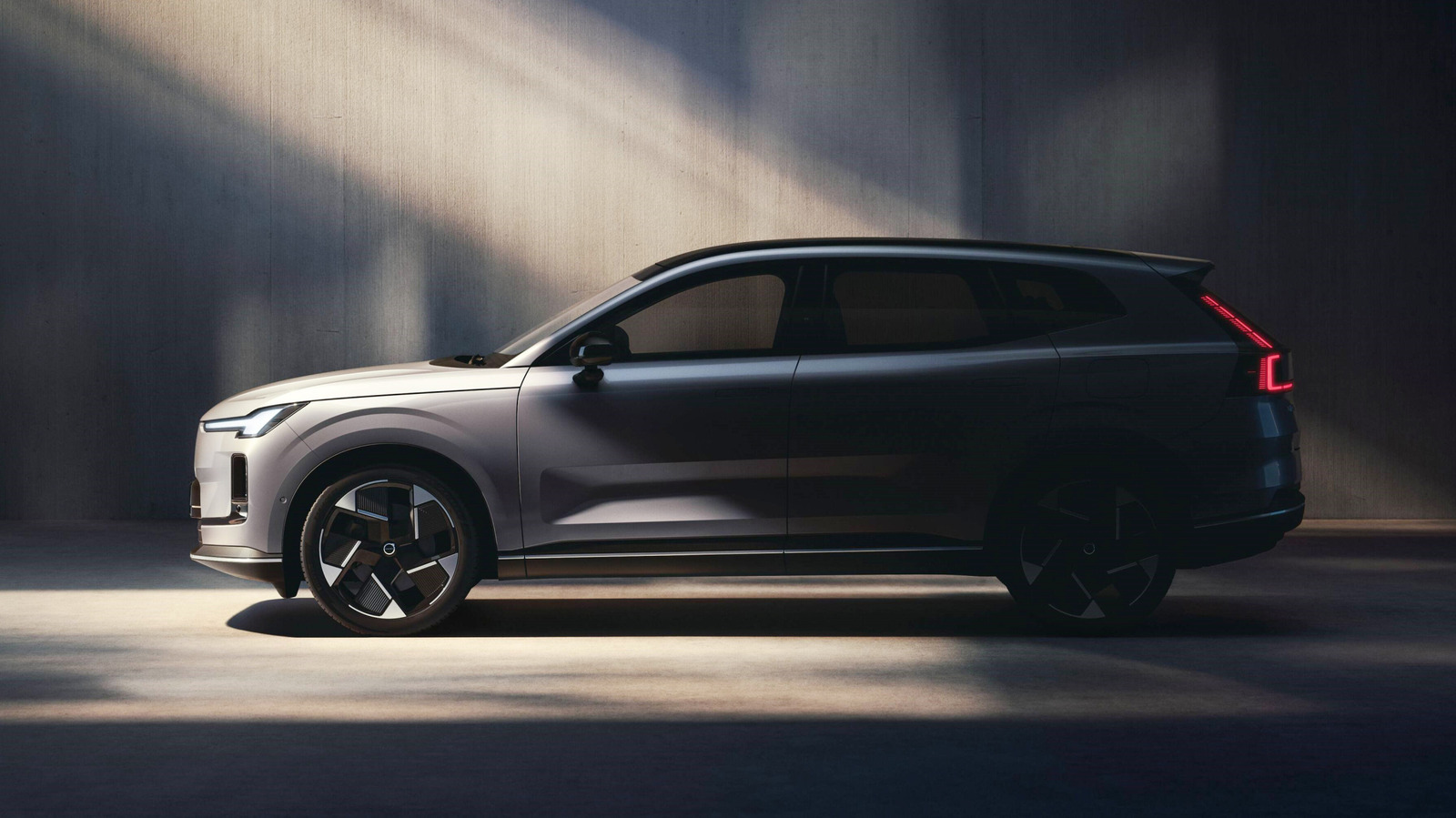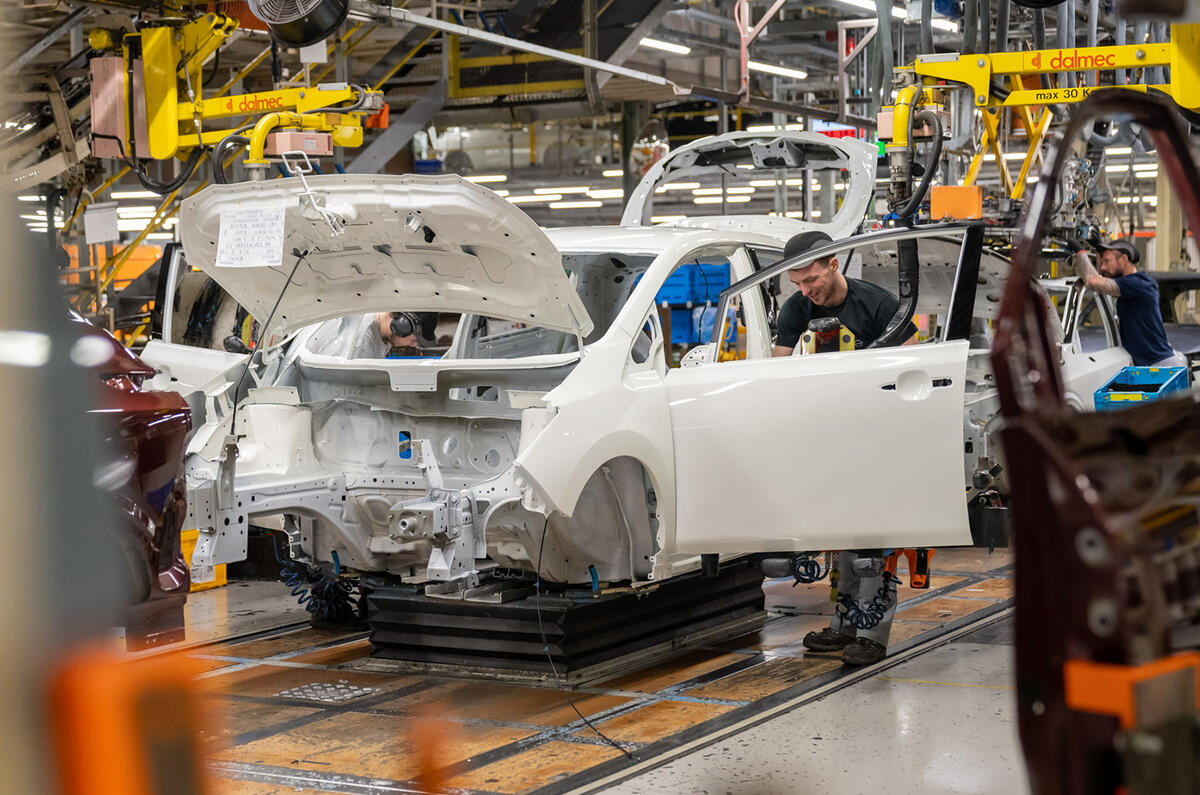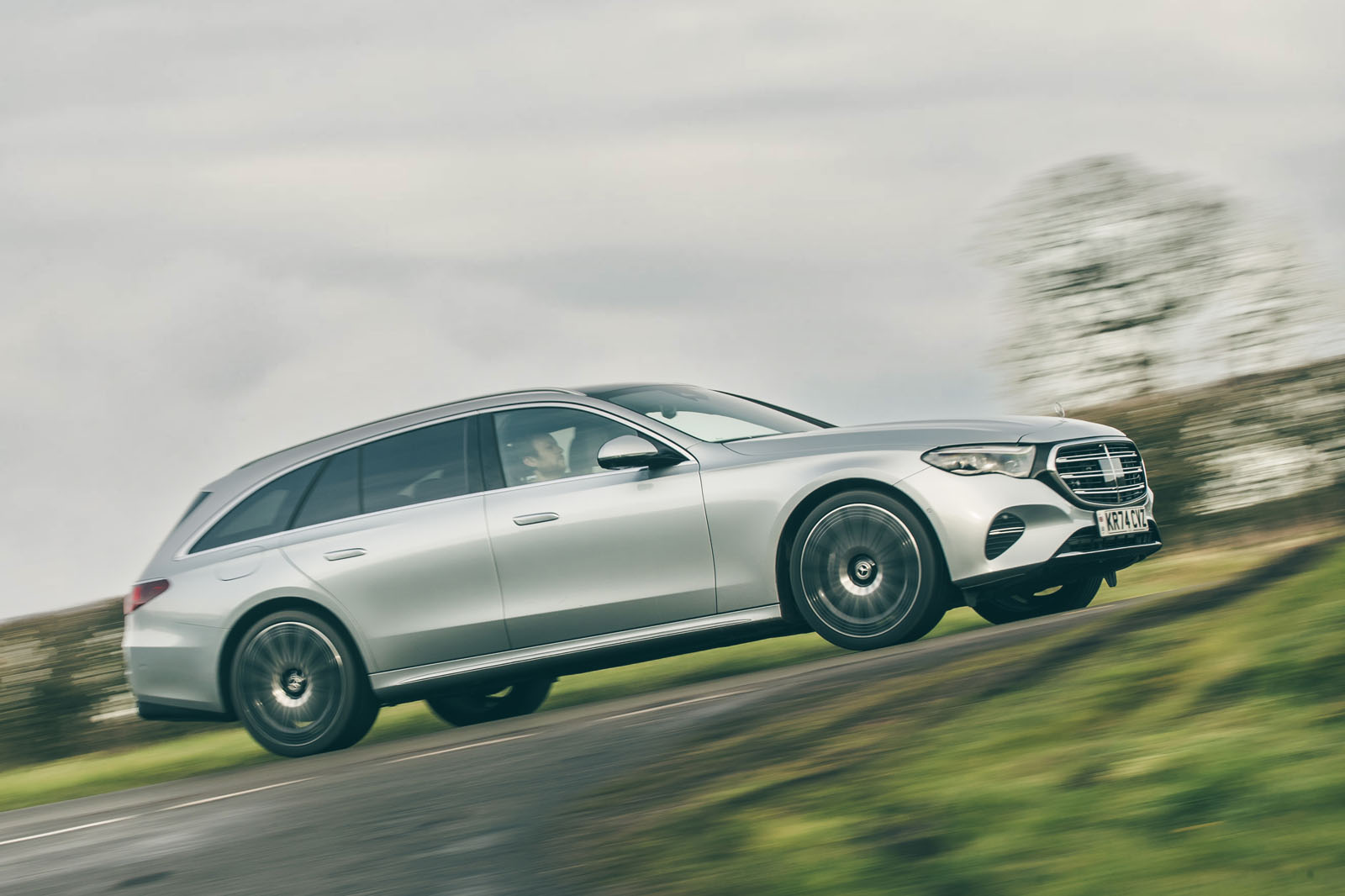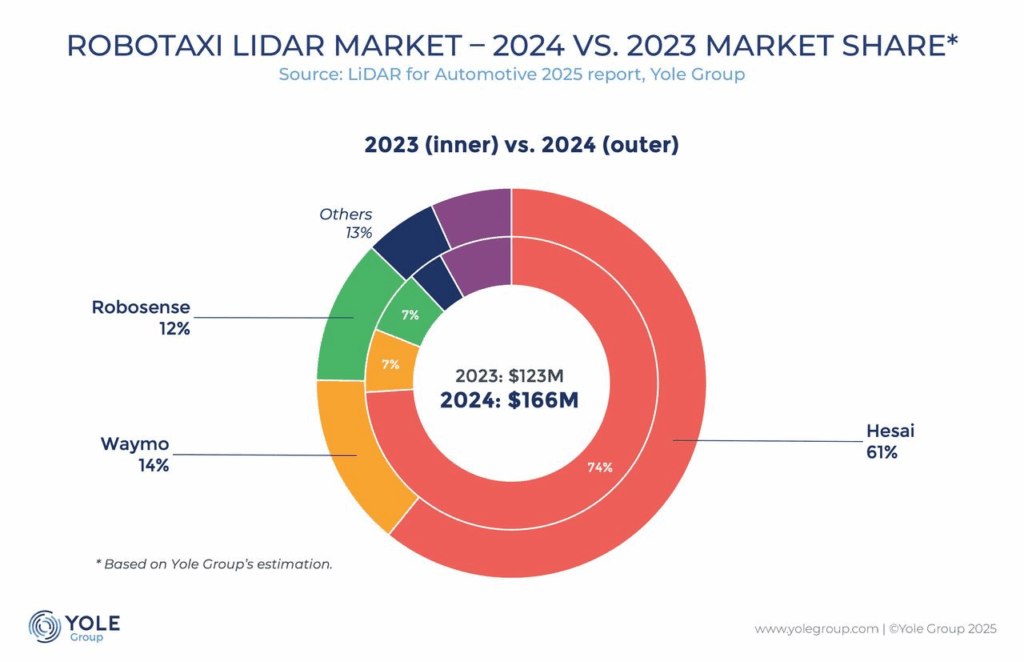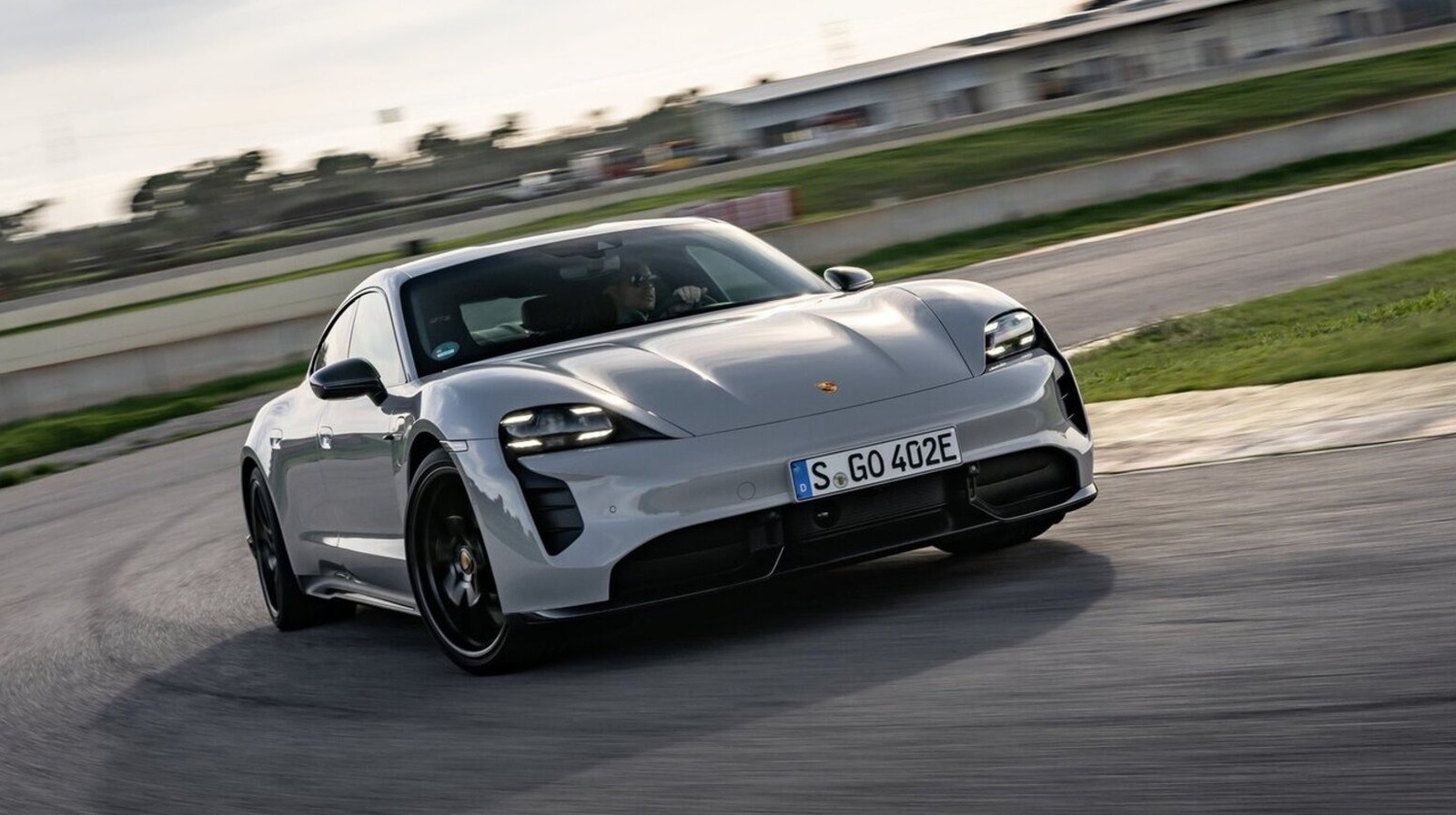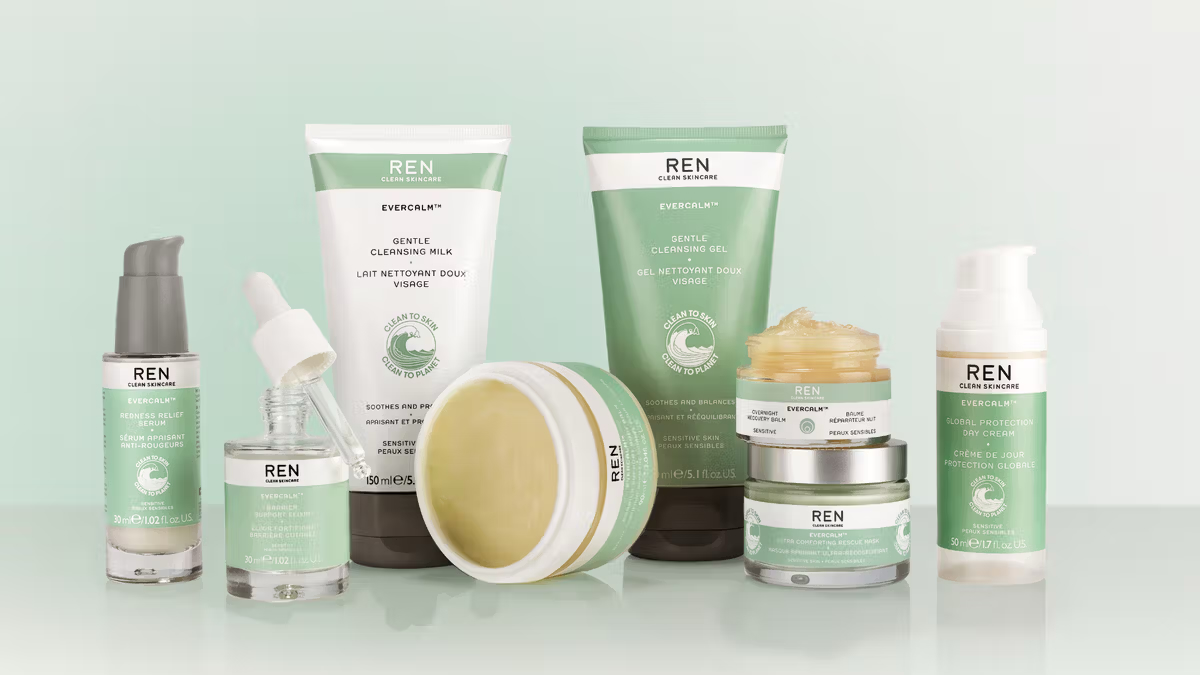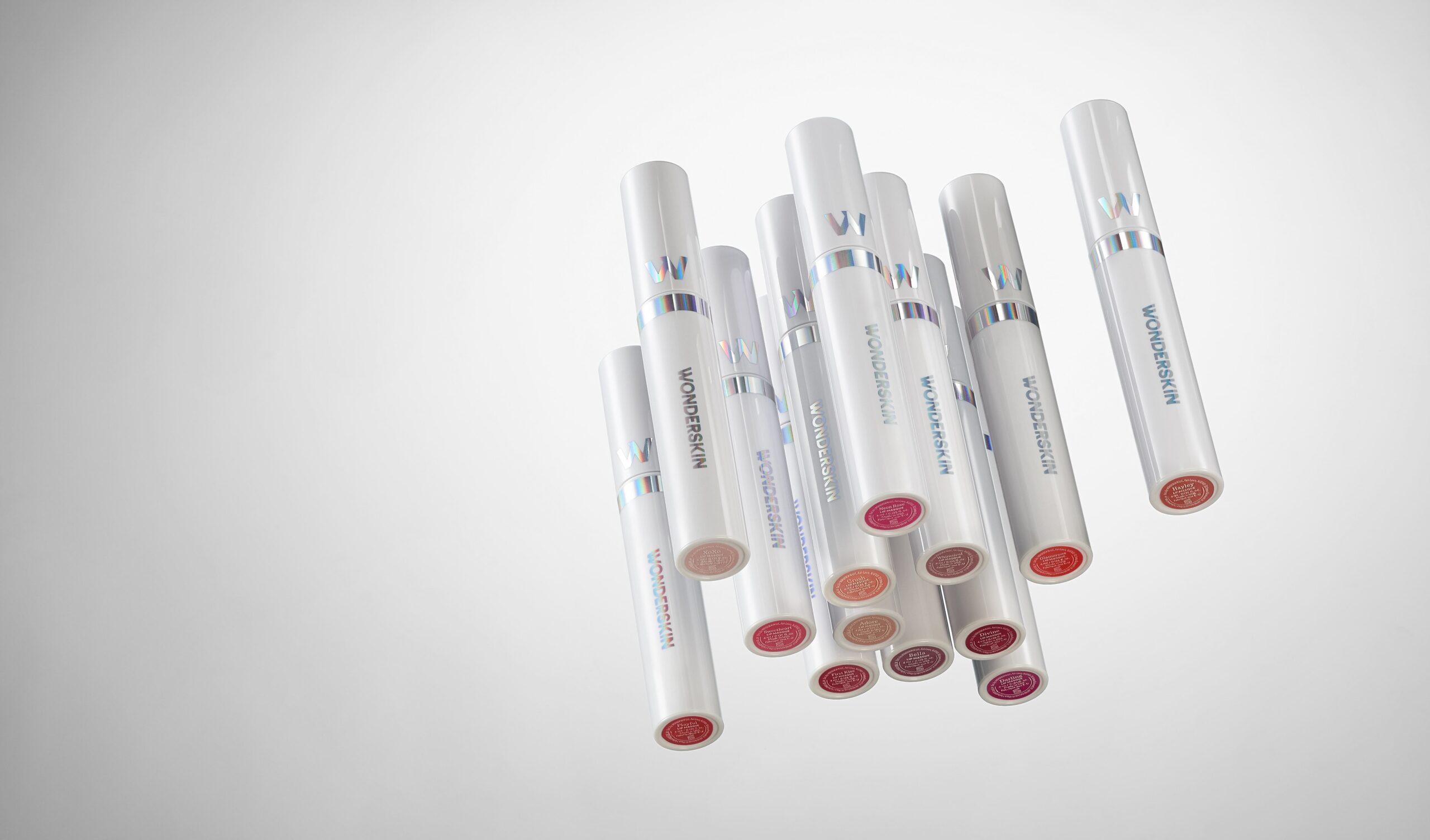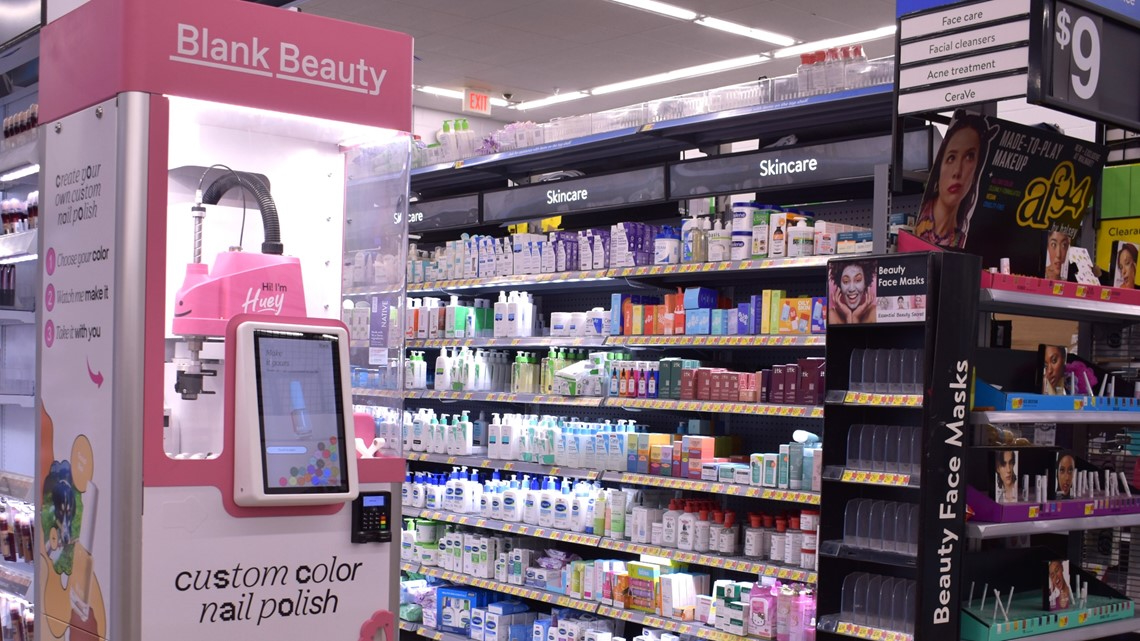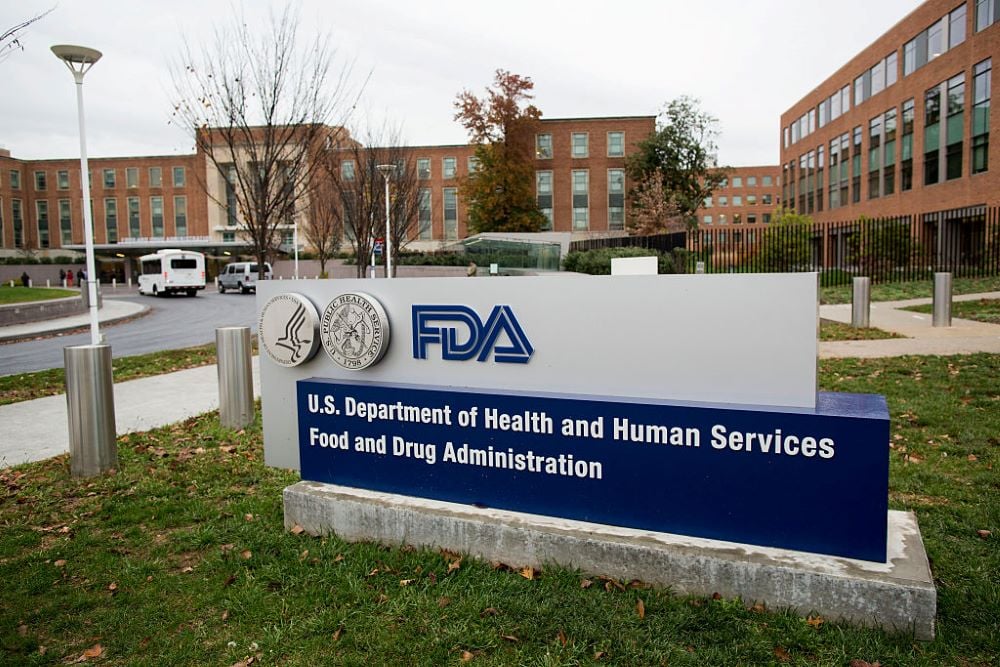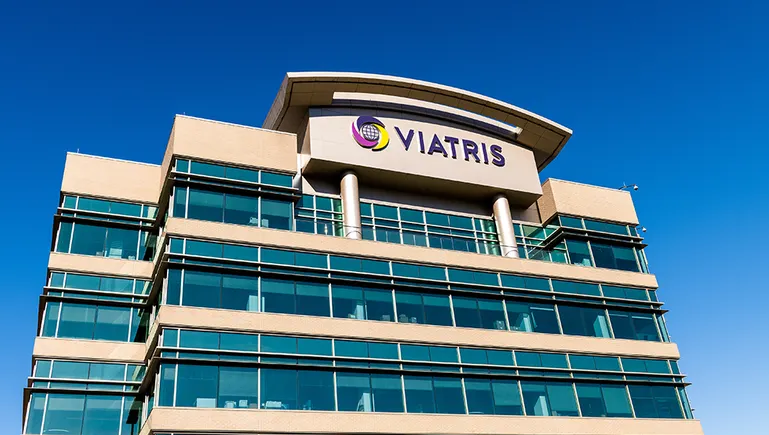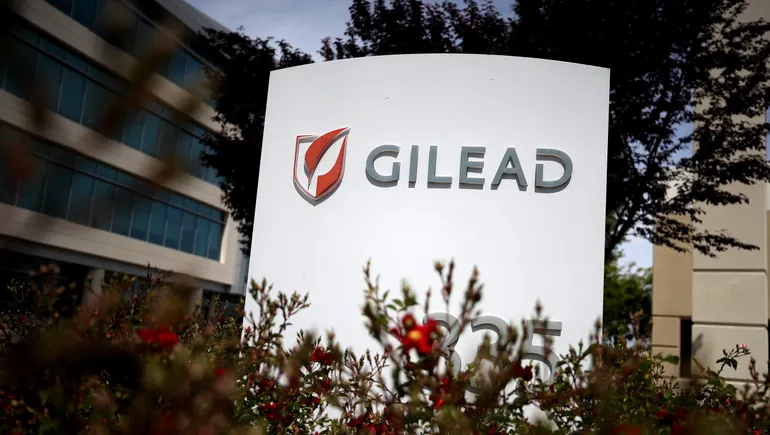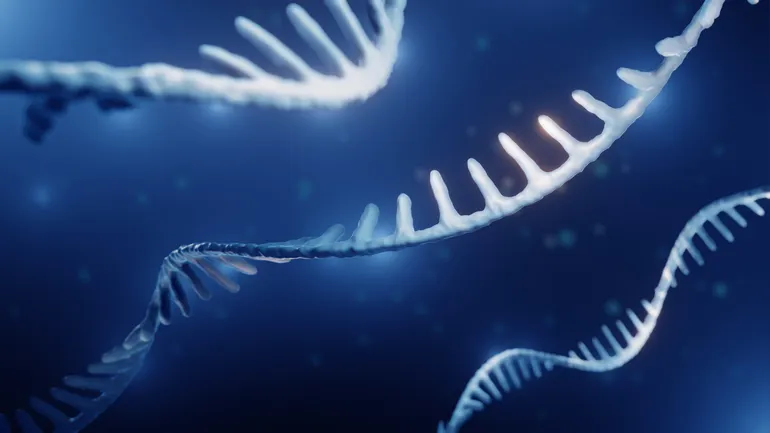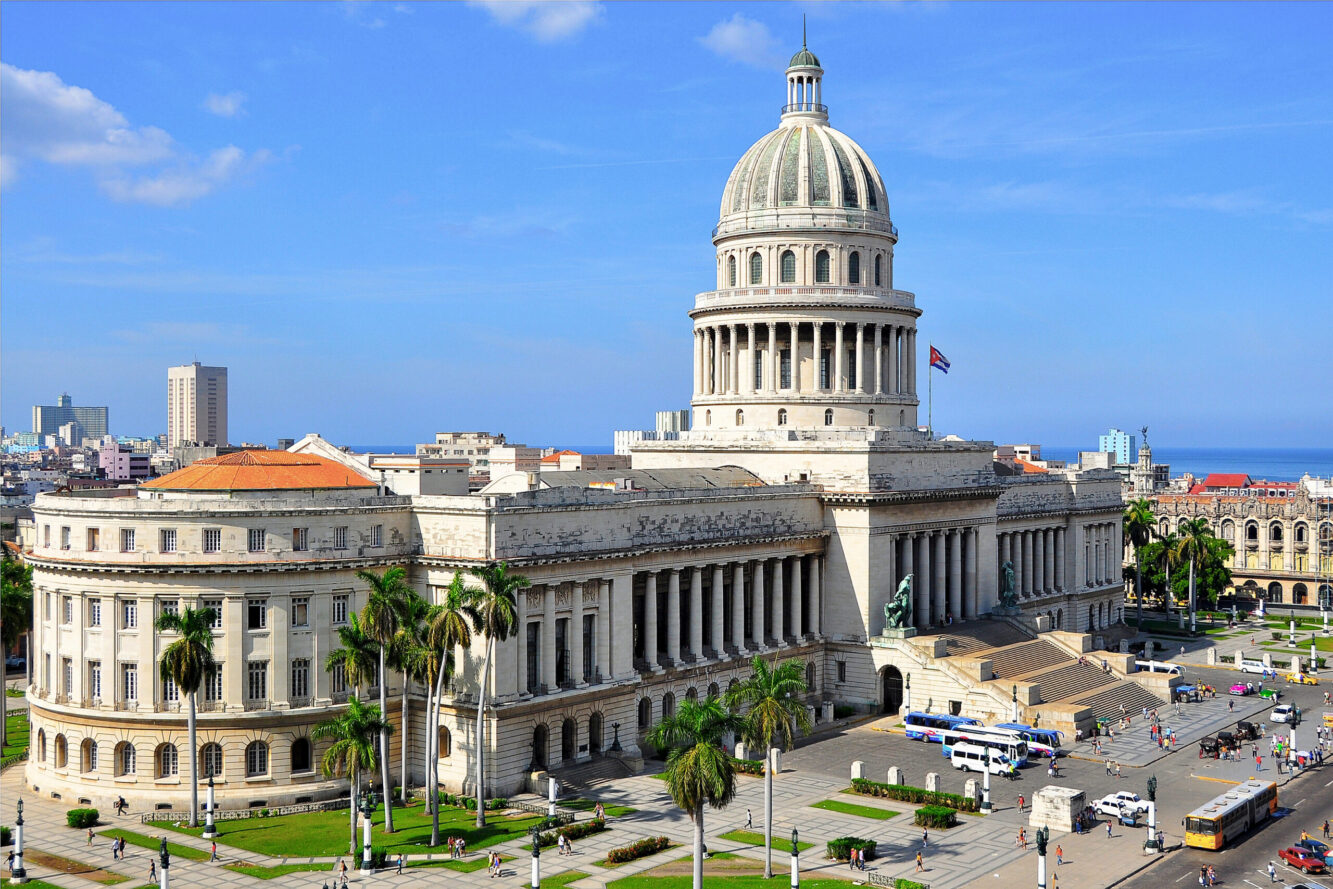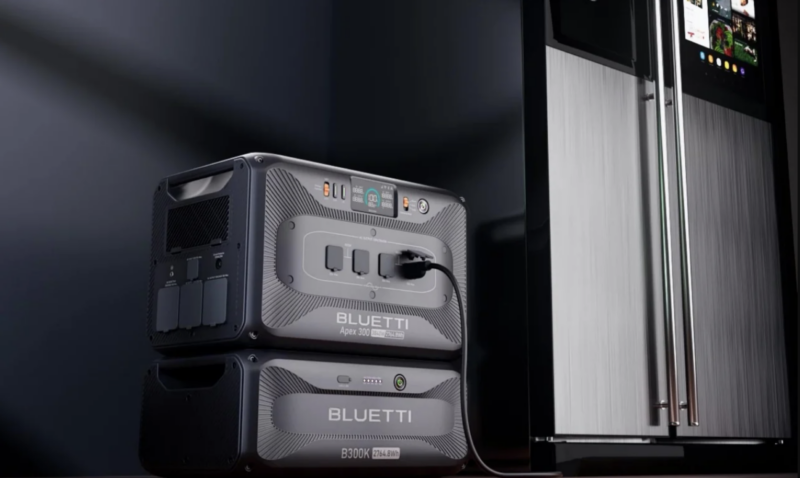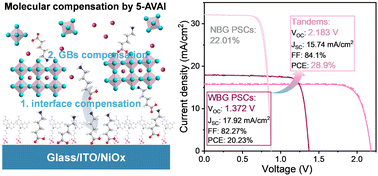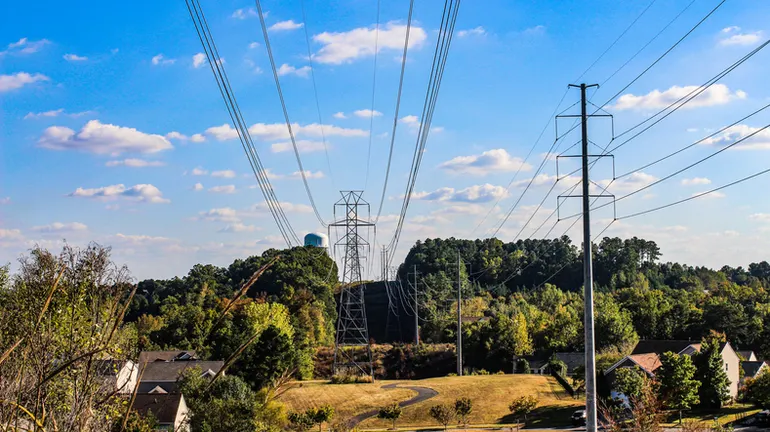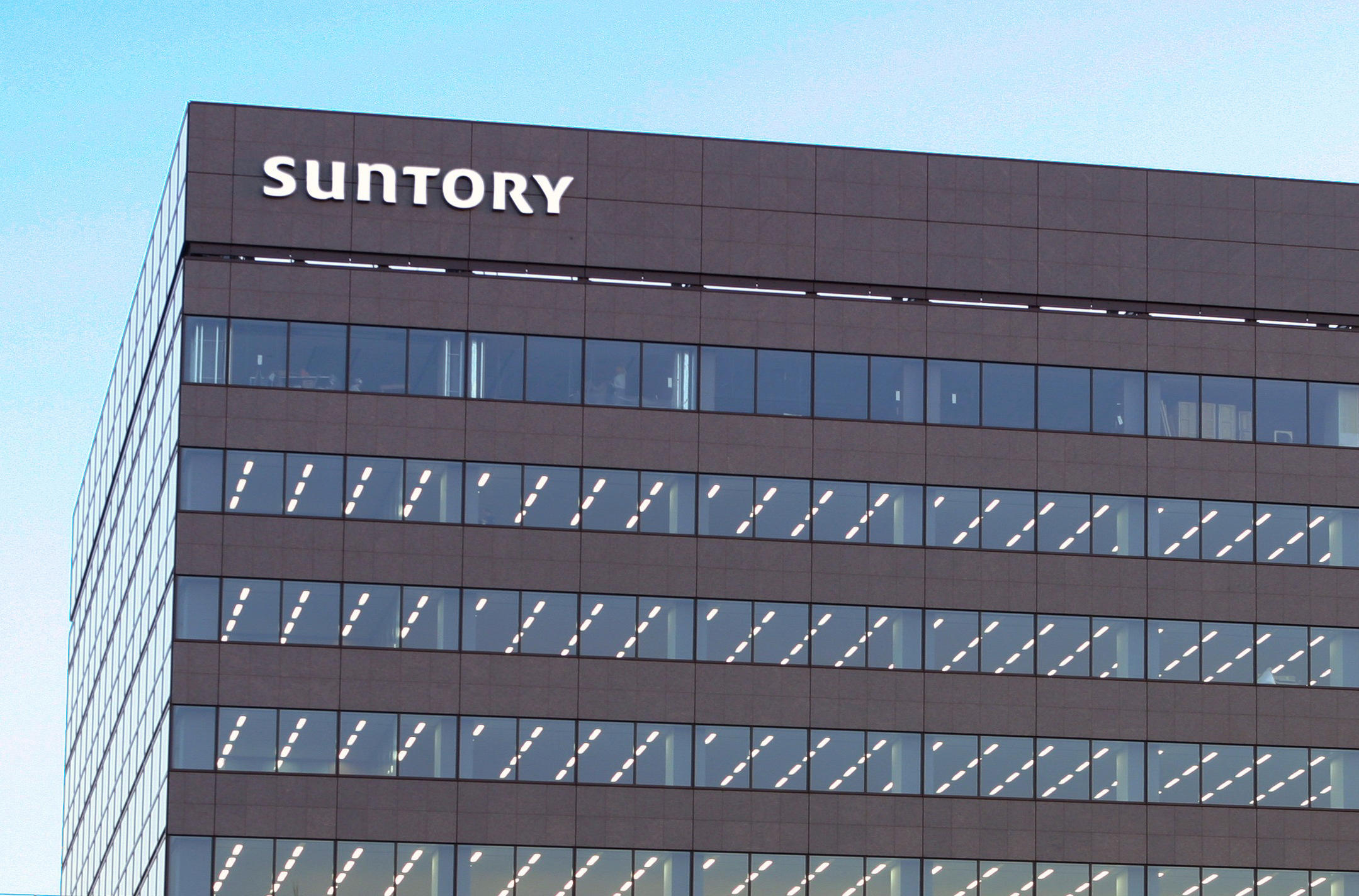Global drinks giant Diageo is facing a new legal challenge over the purity of two of its most celebrated tequila brands, Casamigos and Don Julio.
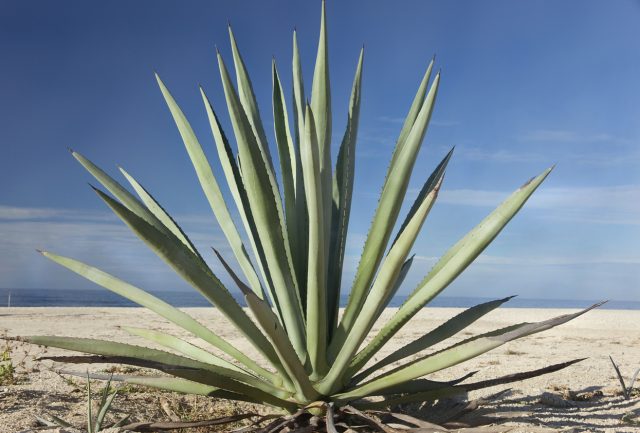 A class-action lawsuit filed May 5 in the US District Court for the Eastern District of New York alleges that Diageo has been deceptively labelling these tequilas as “100% agave” when they allegedly contain significant amounts of alcohol from other sources.
The plaintiffs, New York and New Jersey consumers including Avi Pusateri, a cocktail enthusiast, a Brooklyn restaurant (Sushi Tokyo Inc.), and Chaim Mishulovin, claim laboratory tests found that Casamigos and Don Julio “consist of significant concentrations of cane or other types of alcohol rather than pure tequila,” contrary to what their labels proclaim.
According to official court documents, they argue they paid top dollar for what was marketed as premium 100% Blue Weber Agave tequila, and would have paid less or chosen other brands had they known the truth.
Diageo, the defendant, strongly denies any wrongdoing. In a statement shared with db, the company called the lawsuit’s claims “meritless” and vowed to “vigorously defend ourselves in court”.
The suit seeks over $5 million in damages on behalf of consumers in New York and New Jersey, along with an injunction to stop Diageo from engaging in the alleged false advertising.
A class-action lawsuit filed May 5 in the US District Court for the Eastern District of New York alleges that Diageo has been deceptively labelling these tequilas as “100% agave” when they allegedly contain significant amounts of alcohol from other sources.
The plaintiffs, New York and New Jersey consumers including Avi Pusateri, a cocktail enthusiast, a Brooklyn restaurant (Sushi Tokyo Inc.), and Chaim Mishulovin, claim laboratory tests found that Casamigos and Don Julio “consist of significant concentrations of cane or other types of alcohol rather than pure tequila,” contrary to what their labels proclaim.
According to official court documents, they argue they paid top dollar for what was marketed as premium 100% Blue Weber Agave tequila, and would have paid less or chosen other brands had they known the truth.
Diageo, the defendant, strongly denies any wrongdoing. In a statement shared with db, the company called the lawsuit’s claims “meritless” and vowed to “vigorously defend ourselves in court”.
The suit seeks over $5 million in damages on behalf of consumers in New York and New Jersey, along with an injunction to stop Diageo from engaging in the alleged false advertising.
The Consejo Regulador del Tequila (CRT) has certified that all tequilas in Diageo’s portfolio meet the requirements of the NOM. Additionally, all its product labels have been reviewed and approved by the US Alcohol and Tobacco Tax and Trade Bureau (TTB).
CRT and TTB requirements
At the heart of the case is what it means for a tequila to be “100% agave.” According to both Mexican and US regulations, any spirit labelled as tequila, especially “100% Blue Weber Agave” tequila, must be produced exclusively from the sugars of the blue agave plant grown in designated regions of Mexico.
In industry terms, tequilas made wholly from agave are labeled “100% de agave,” while those that include other sugars (up to 49% of the fermentable sugars, typically from cane) are called “mixto” tequilas and may only be labeled simply as “tequila” (without the 100% descriptor).
The lawsuit states that US law explicitly defers to Mexico’s tequila standards. The US Alcohol and Tobacco Tax and Trade Bureau (TTB) requires any product called “tequila” sold in the States to be made in Mexico in compliance with Mexican regulations.
Under the official Mexican Norma (NOM-006) overseen by the Consejo Regulador del Tequila (CRT), a “100% agave” tequila is defined as “a product whose fermentation may not be enhanced with sugars other than those obtained from the Tequilana Weber Blue variety agave”.
In simpler terms, if any additional cane or corn sugars (or alcohol derived from them) are added in production, the spirit cannot legally be called 100% agave tequila. The plaintiffs allege that Diageo’s Casamigos and Don Julio, which are labelled on bottles and marketed online as “Tequila 100% Agave Azul” or “100% Blue Weber Agave,” did not meet these standards.
By allegedly adding cheaper alcohol from sugar cane or other sources, the brands could be, at best, considered mixto tequilas presented as pure agave. If substantiated, this would likely be found inconsistent with both Mexican law and US labelling regulations, which mandate that labels must not be false or misleading in “any particular manner”.
Premiumisation
The controversy comes amid a boom in premium agave spirits. Tequila has been one of the fastest-growing liquor categories globally, with US demand surging and high-end brands fetching steep prices. Diageo invested heavily in this trend. It acquired Casamigos (the tequila co-founded by George Clooney) in 2017 in a deal worth up to $1 billion and has long owned Don Julio, another top-shelf tequila stalwart.
These brands have soared in popularity. Casamigos was the world’s fourth-largest-selling tequila in 2023, with around 3 million cases sold, and both Casamigos and Don Julio rank among the top five best-selling tequilas globally.
Each proudly centres its marketing on authenticity and craftsmanship. For instance, Casamigos calls itself a “small batch, ultra-premium tequila” made from “100% Agave Azul”, and Don Julio’s website touts its use of “100% Blue Weber Agave”. Those qualities command a premium. Drinkers are willing to pay more for true 100% agave tequila, in part because cultivating Blue Weber agave is labour- and time-intensive. Agave plants take five to ten years to mature.
As the lawsuit points out, agave-based spirits have a unique heritage and higher production costs, unlike neutral grain spirits such as vodka or gin, which can be produced quickly from cane or grain.
Potential consequences and industry impact
The outcome of this case could have wide-ranging repercussions for the spirits industry. If Diageo is found liable for misrepresenting its tequila, it may be required not only to compensate consumers but also to change how these products are made or labelled. A court injunction would likely force Diageo to either reformulate Casamigos and Don Julio to truly meet the 100% agave standard or to remove the “100% agave” wording from bottles and marketing. This would be a damaging prospect for brands built on their purported purity.
Regulatory agencies might also take note. The TTB could increase scrutiny of tequila imports and label approvals, and the CRT in Mexico would face pressure to tighten enforcement on producers, big and small, to ensure the integrity of the Denomination of Origin for tequila.
“Tequila” is an appellation protected by international agreements, and continued scandals could threaten its reputation, much like counterfeit or adulteration scandals have troubled wine regions in the past. For Diageo’s rivals and partners, the case is a cautionary tale. Other tequila producers will be watching closely. If the lawsuit uncovers evidence of widespread dilution, it might trigger additional suits or regulatory audits across the sector.
Conversely, brands that have championed transparency and additive-free tequila may find a marketing advantage, as consumer attention shifts to authenticity.
Already, some independent tequila bottlers and aficionados have formed an “Additive Free Alliance” to certify tequilas that contain no hidden additives or sugars.

 A class-action lawsuit filed May 5 in the US District Court for the Eastern District of New York alleges that Diageo has been deceptively labelling these tequilas as “100% agave” when they allegedly contain significant amounts of alcohol from other sources.
The plaintiffs, New York and New Jersey consumers including Avi Pusateri, a cocktail enthusiast, a Brooklyn restaurant (Sushi Tokyo Inc.), and Chaim Mishulovin, claim laboratory tests found that Casamigos and Don Julio “consist of significant concentrations of cane or other types of alcohol rather than pure tequila,” contrary to what their labels proclaim.
According to official court documents, they argue they paid top dollar for what was marketed as premium 100% Blue Weber Agave tequila, and would have paid less or chosen other brands had they known the truth.
Diageo, the defendant, strongly denies any wrongdoing. In a statement shared with db, the company called the lawsuit’s claims “meritless” and vowed to “vigorously defend ourselves in court”.
The suit seeks over $5 million in damages on behalf of consumers in New York and New Jersey, along with an injunction to stop Diageo from engaging in the alleged false advertising.
The Consejo Regulador del Tequila (CRT) has certified that all tequilas in Diageo’s portfolio meet the requirements of the NOM. Additionally, all its product labels have been reviewed and approved by the US Alcohol and Tobacco Tax and Trade Bureau (TTB).
A class-action lawsuit filed May 5 in the US District Court for the Eastern District of New York alleges that Diageo has been deceptively labelling these tequilas as “100% agave” when they allegedly contain significant amounts of alcohol from other sources.
The plaintiffs, New York and New Jersey consumers including Avi Pusateri, a cocktail enthusiast, a Brooklyn restaurant (Sushi Tokyo Inc.), and Chaim Mishulovin, claim laboratory tests found that Casamigos and Don Julio “consist of significant concentrations of cane or other types of alcohol rather than pure tequila,” contrary to what their labels proclaim.
According to official court documents, they argue they paid top dollar for what was marketed as premium 100% Blue Weber Agave tequila, and would have paid less or chosen other brands had they known the truth.
Diageo, the defendant, strongly denies any wrongdoing. In a statement shared with db, the company called the lawsuit’s claims “meritless” and vowed to “vigorously defend ourselves in court”.
The suit seeks over $5 million in damages on behalf of consumers in New York and New Jersey, along with an injunction to stop Diageo from engaging in the alleged false advertising.
The Consejo Regulador del Tequila (CRT) has certified that all tequilas in Diageo’s portfolio meet the requirements of the NOM. Additionally, all its product labels have been reviewed and approved by the US Alcohol and Tobacco Tax and Trade Bureau (TTB).








